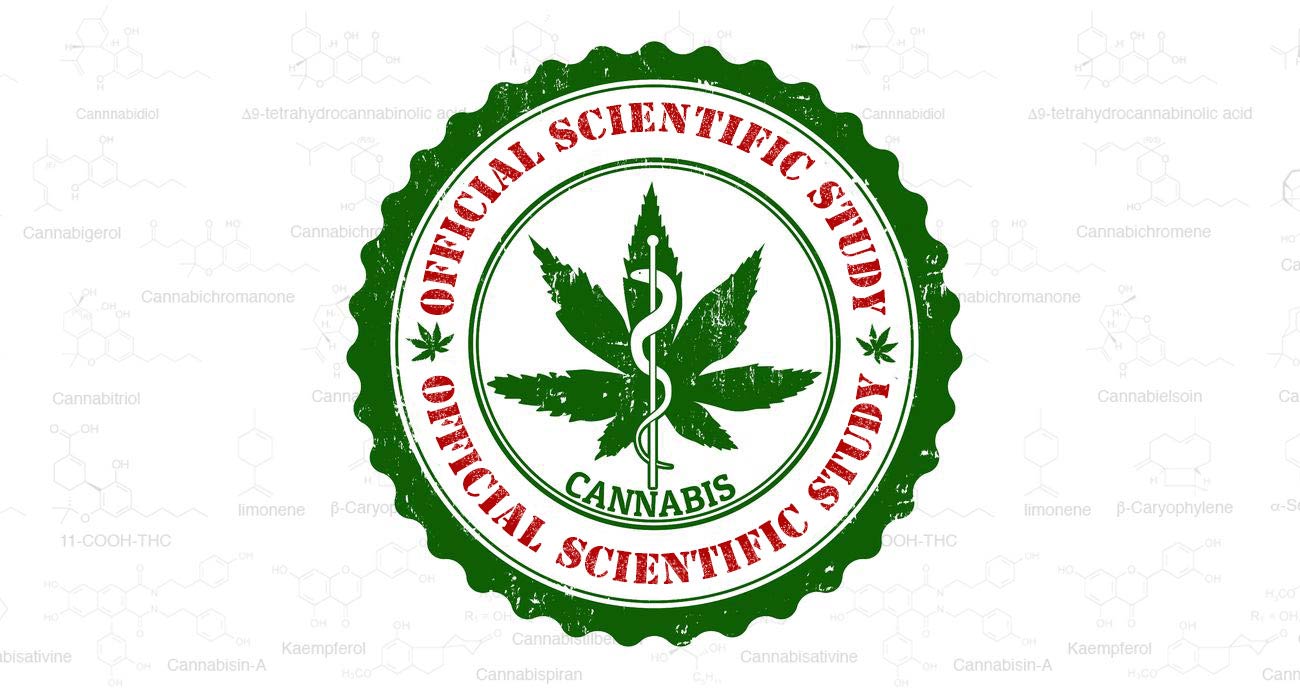ABSTRACT:
Background
The phytocannabinoid cannabidiol (CBD) exhibits antioxidant and antiinflammatory properties. The present study was designed to explore its effects in a mouse model of sepsis-related encephalitis by intravenous administration of lipopolysaccharide (LPS).
Methods
Vascular responses of pial vessels were analyzed by intravital microscopy and inflammatory parameters measured by qRT-PCR.
Results
CBD prevented LPS-induced arteriolar and venular vasodilation as well as leukocyte margination. In addition, CBD abolished LPS-induced increases in tumor necrosis factor-alpha and cyclooxygenase-2 expression as measured by quantitative real time PCR. The expression of the inducible-nitric oxide synthase was also reduced by CBD. Finally, preservation of Blood Brain Barrier integrity was also associated to the treatment with CBD.
Conclusions
These data highlight the antiinflammatory and vascular-stabilizing effects of CBD in endotoxic shock and suggest a possible beneficial effect of this natural cannabinoid.
Read full study here

